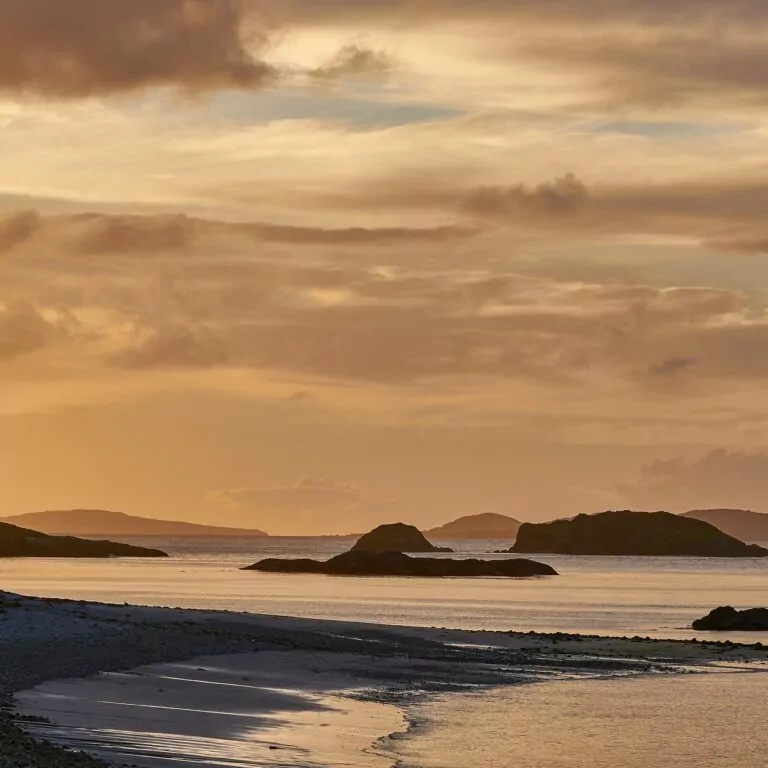
News Fantastic Locations in the new BBC One David Attenborough series: Wild Isles
The new David Attenborough five-part series recently aired on Sunday evenings on BBC One. The programmes show the global importance of the isles of Britain and Ireland to nature. David Attenborough had not filmed on location since the series Green Planet was screened four years ago, making Wild Isles extra special. This series was co-produced by The Open University, the RSPB and WWF and offers an unparalleled look at the natural world of Britain and Ireland in spectacular detail. The dramatic narrativisation of the hunting and breeding habits of such as creatures as orcas, foxes, golden eagles and dormice within the context of the landscape of meadows, woodland, the sea and rivers; encourages viewers to be exceptionally proud of our shared home and simultaneously calls us to action, to preserve these wild spaces.
The 96 year old envionmentalist, David Attenborough is a global icon championing planetary biodiversity and the safeguarding of areas for natural preservation, amongst other causes. The English writer and broadcaster has made over 100 documentaries since his first multi-series aired on the BBC in 1954. He has continued to inspire millions of people all over the world highlighting the beauty and fragility of nature.
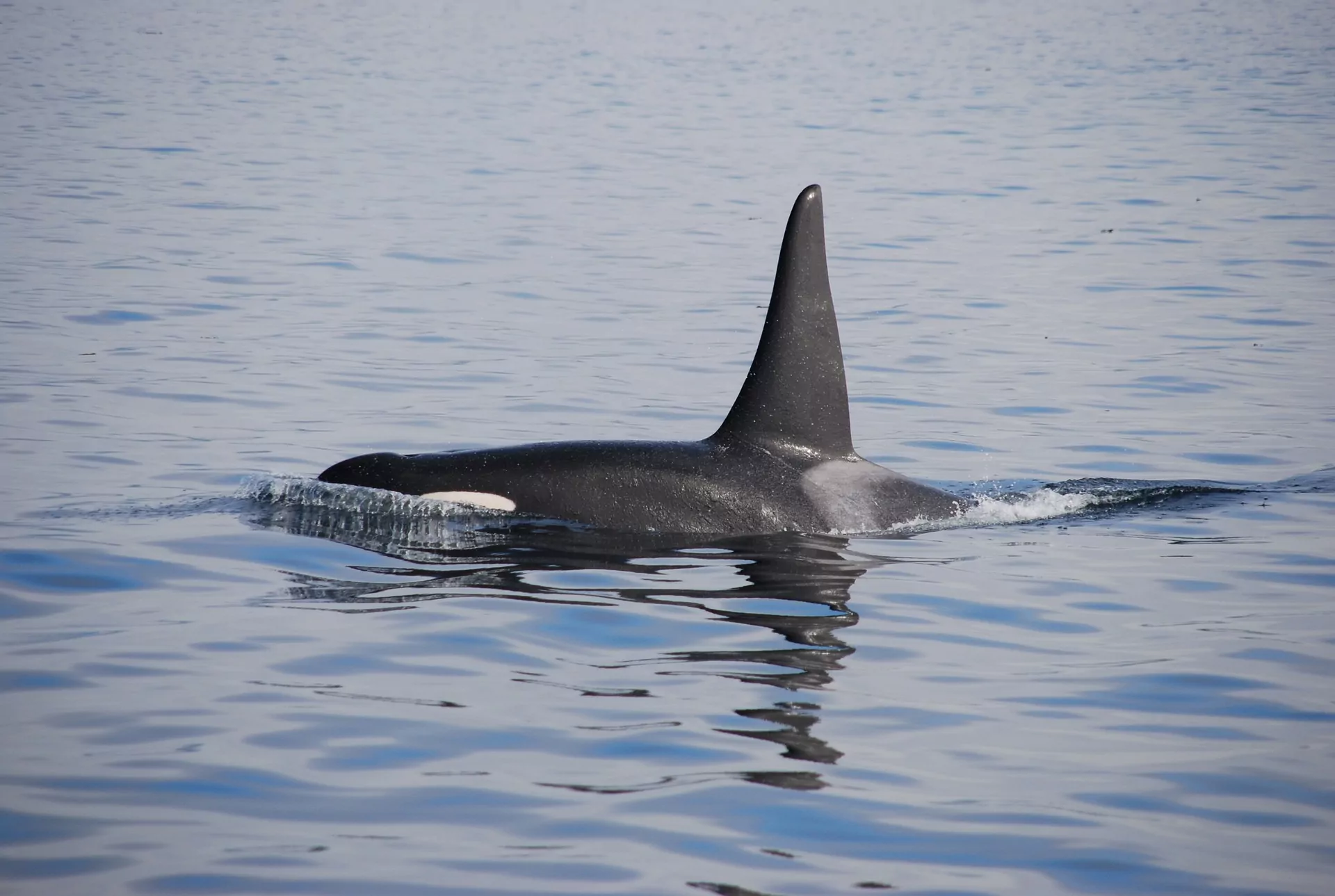
Recording the BBC One series: Wild Isles
Filmed on 200 shoots over three years in 145 locations, the series uses cutting edge technology to record an array of beautiful creatures in their natural habit, showing UK and Irish viewers their home; but as they have never seen it before. Drones, thermal cameras, stabilised cameras and underwater recording devices were all used to help document the 96 animals and insects shown on the series, as testament to the extraordinary lengths the crew went to to record the behaviour of these creatures in their surroundings.
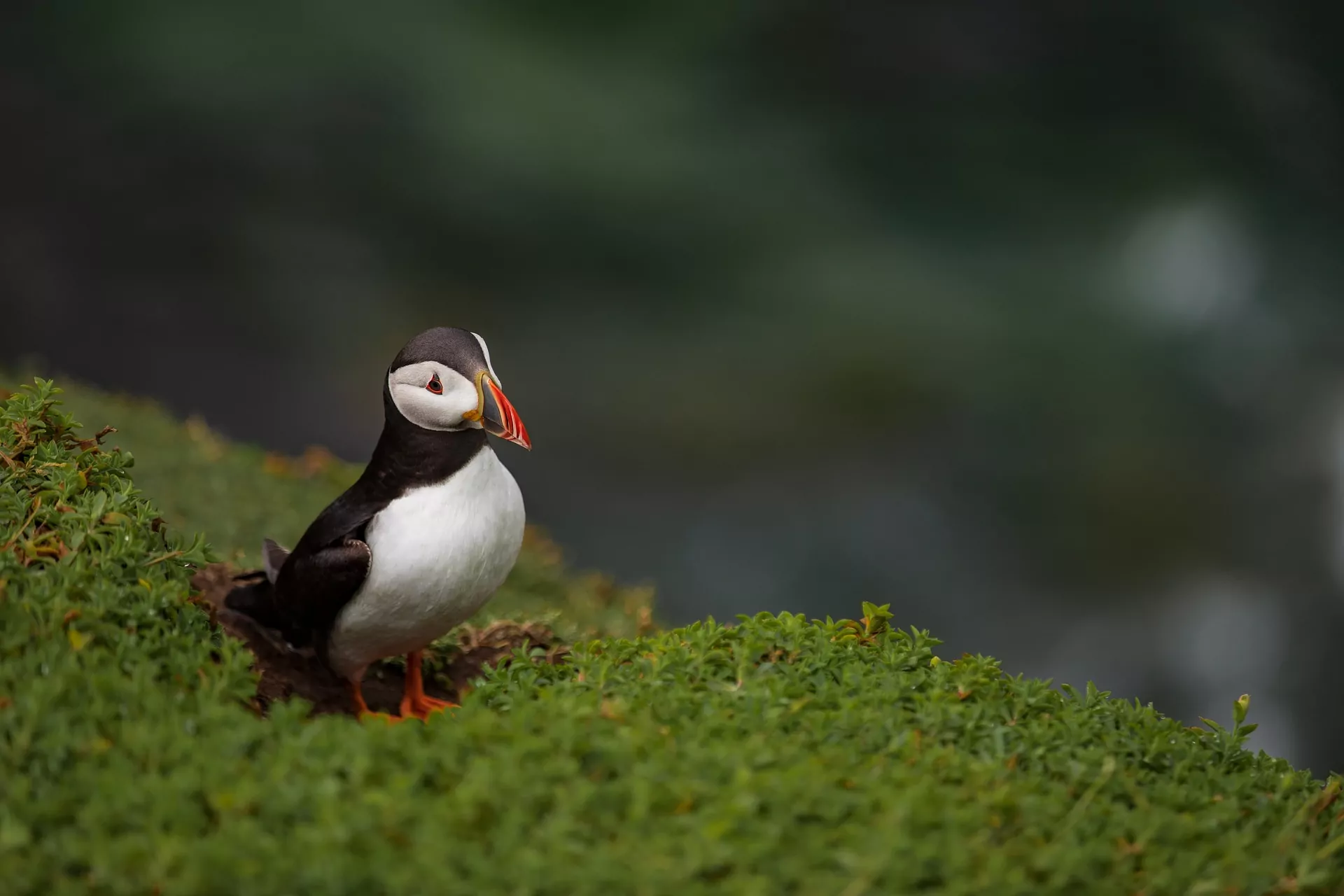
New BBC One series: Wild Isles’ Impact
The series celebrates the rich variety of wildlife we have in Britain and Ireland and draws to attention how the British Isles is locationally critical for the survival of a number of species such as migrating birds. It also considers the changing behaviours of the animals featured and the diverse geological richness of our lands and how this in turn attracts many species of wildlife. The educational impact off this programme is far-reaching and the show hopes to inspire viewers to help protect and restore nature in the UK and Ireland.
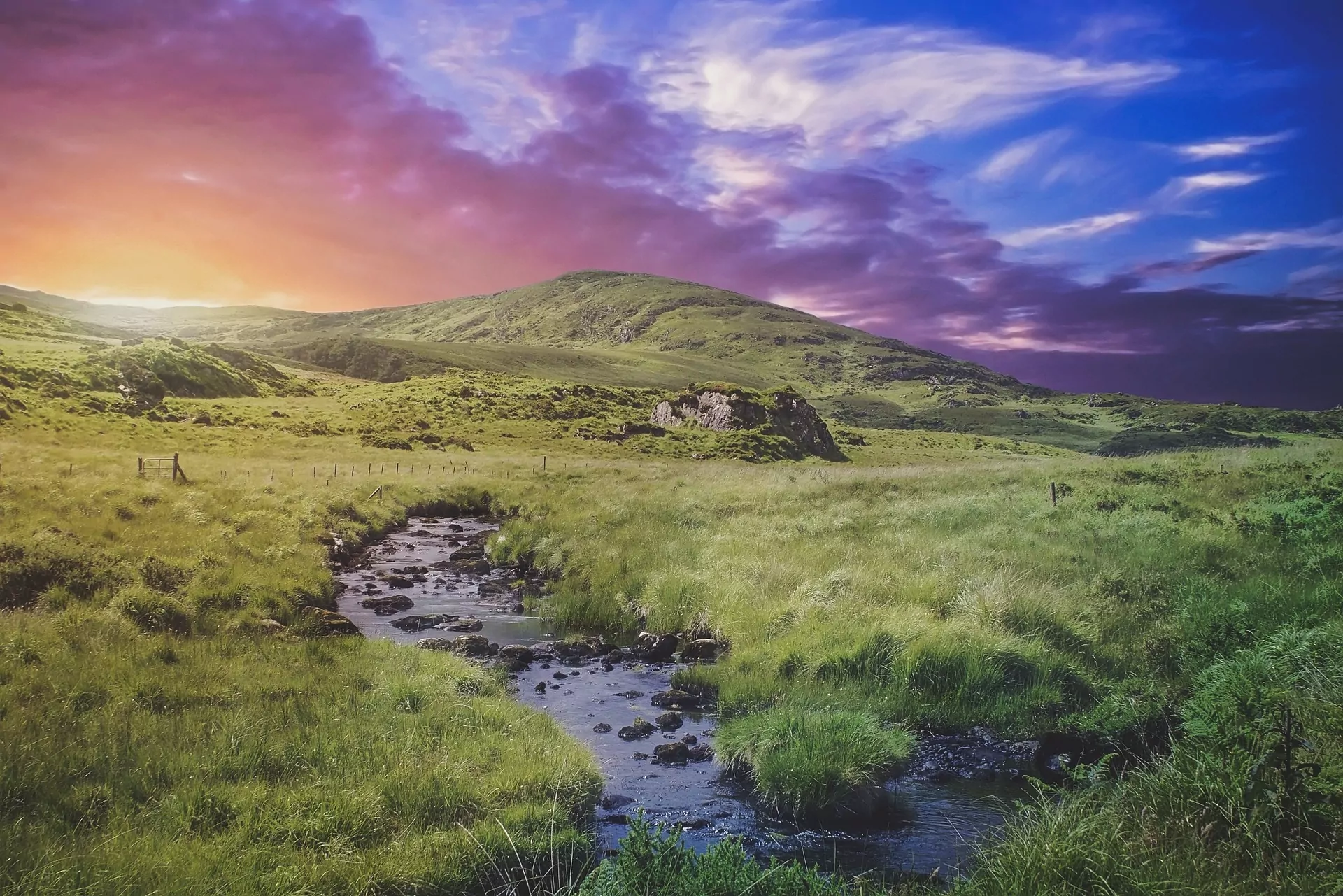
Time-Lapse Systems: Our Work with Conservation Projects
At Time-Lapse Systems we are proud that a number of our camera systems are deployed to similarly document and be used as tools to draw attention to the natural world and as an aid in conservation. Our work with the RSPB, Seabird Watch, Department of Zoology at Oxford University and the Norwegian Polar Institute shows how our systems can perfectly capture important conservation activity in often remote locations. We have captured in a range of locations on the coast of England and Scotland documenting bird colonies in their natural habitat. Further afield our systems have been deployed in Svalbad in the Arctic Circle and are even destined for the Antarctic! Our minimally intrusive systems have been vital for the conservation work associated with these locations and gives our clients the ability to easily and clearly track and record seabird activity.
Our above Ultra HD systems have been developed in house, meaning that we can custom-design each system for the specific requirements of each project. We have spent 15 years evolving our systems so that they can perform optimally in even the most challenging of environments. Capturing in the very best DSLR quality our systems can work from a range of off-grid power solutions, meaning that we can capture any project for any duration in any location. Additionally, our systems can be monitored and managed remotely by 4G, giving clients the ability to see their project in real time in exceptional quality. Our conservation work is a direct off-shoot of our ability to continually innovate the uses of our technology.
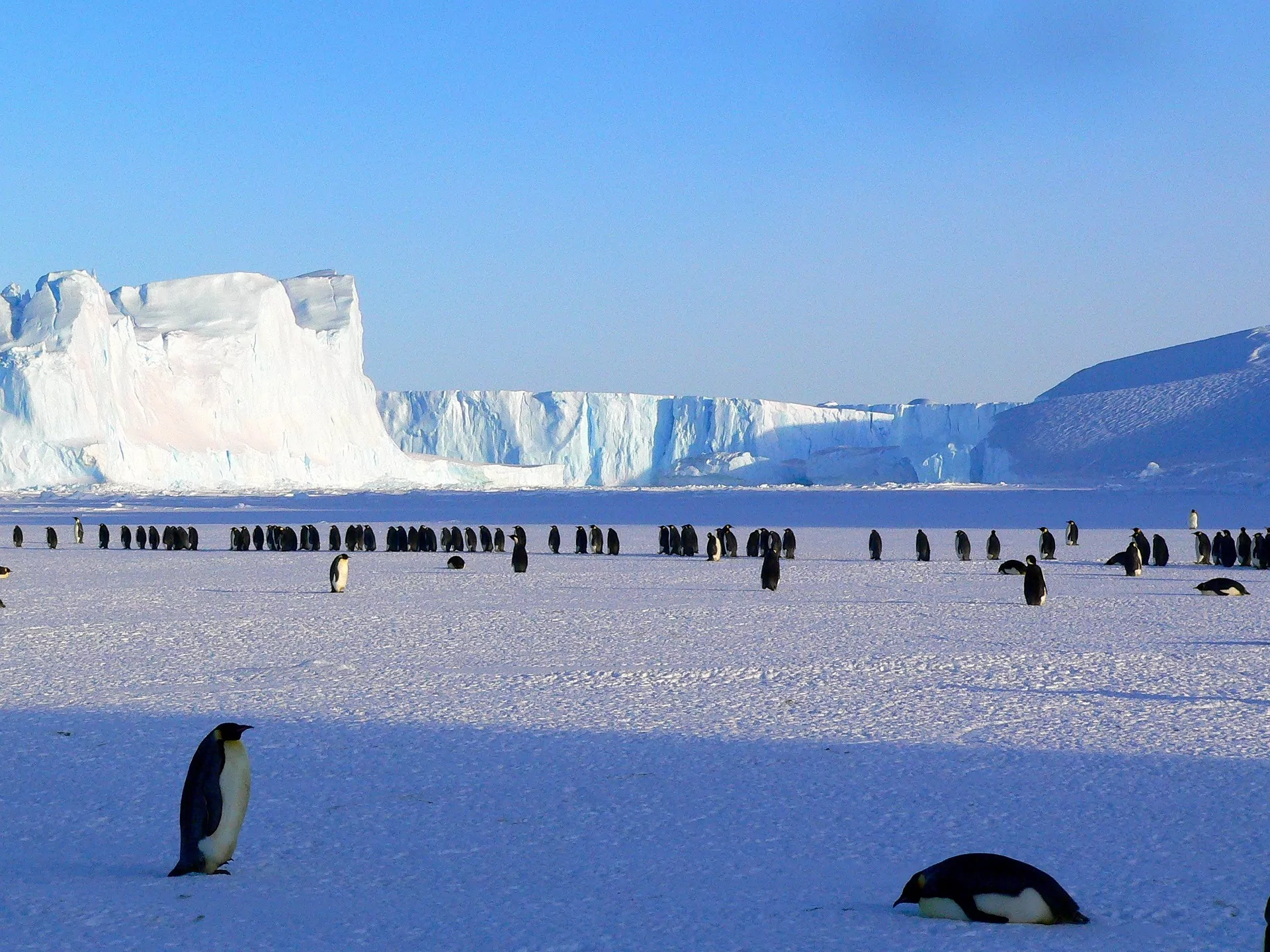
We are exceptionally proud to have worked on a range of conservation projects. We are committed to continually developing and improving our systems so that we can capture in the very best quality for our clients. We have thoroughly enjoyed watching the BBC’s latest documentary series Wild Isles and we support the discussions it promotes.
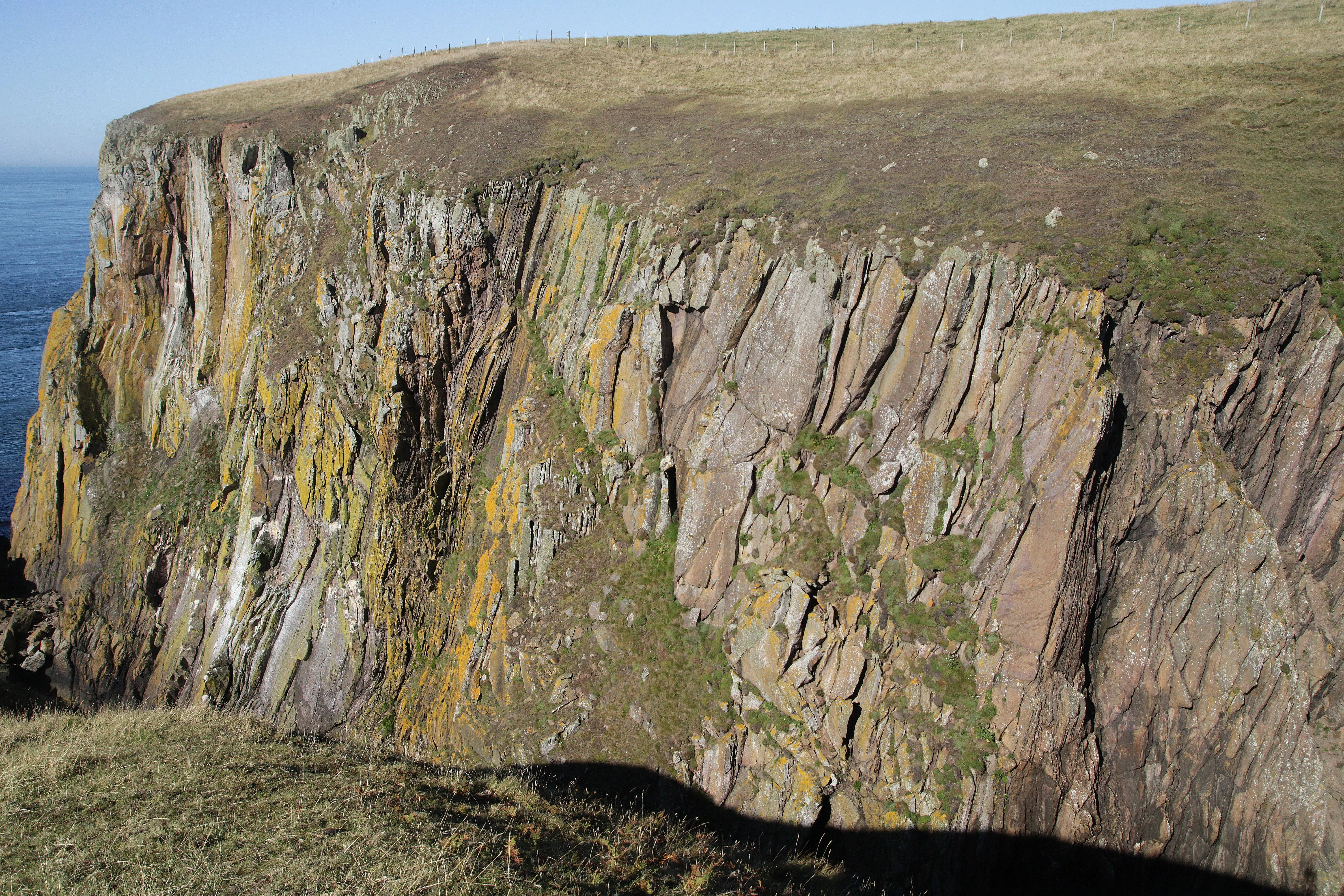
Above: A view from one of our own camera systems, capturing in a location on the east coast of Scotland, monitoring seabird populations.
If you would like to learn more about the services we offer, please get in touch with our team.